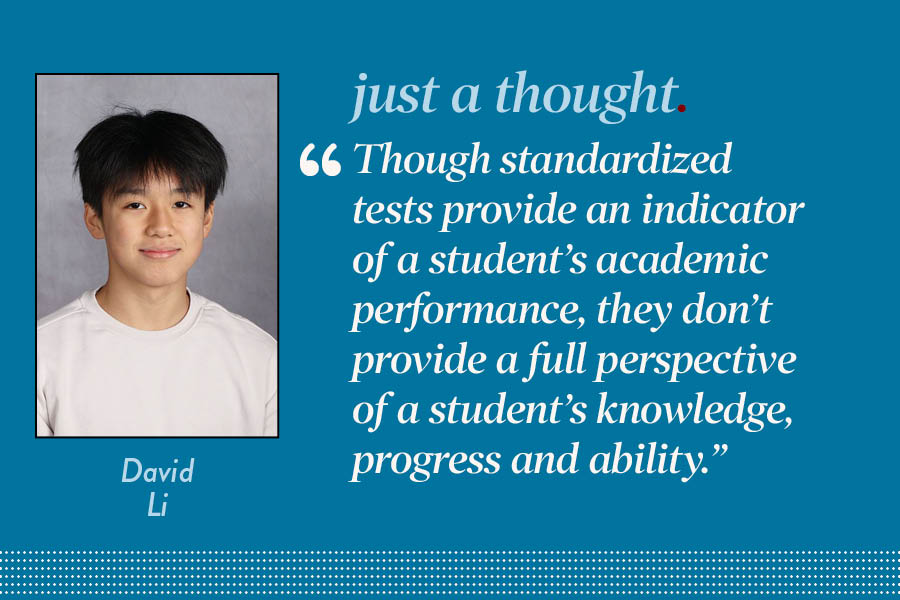Since the 1920s, standardized testing has been an integral part of college applications, but for the Class of 2028 admission cycle, over 1,900 colleges in the United States have implemented test-optional policies. In the last few years, some elite universities like the Massachusetts Institute of Technology, Yale, and Dartmouth have returned to requiring test scores.
Colleges and universities in the United States should continue to make standardized tests like the SAT and ACT optional in the college admission process.
Though standardized tests provide an objective indicator of a student’s academic performance, and can be easily used to compare students across the country, they don’t provide a full perspective of a student’s knowledge, progress and ability.
The significance of standardized tests can also discourage students’ individuality and creativity; pressure to score well can easily become more important than a student’s ideas.
Standardized tests also put some students at a disadvantage, and the lack of resources that many students face widens the systemic wealth disparity, taking away the already limited opportunities from underprivileged students.
Colleges should make standardized tests optional to make the college application process more equitable, leading to a future where students with different backgrounds, ideas and strengths all have the potential to succeed.





















































